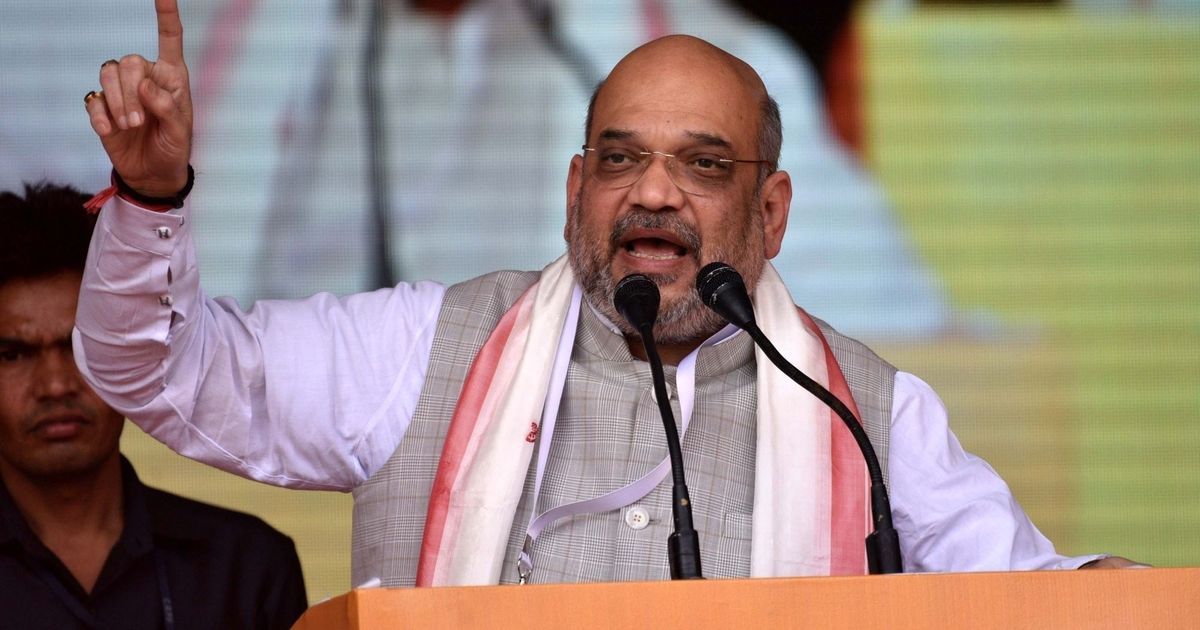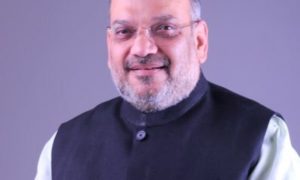
The Citizenship (Amendment) Bill might solve the ongoing problems of NRC
The Centre is planning to introduce a fresh version of the Citizenship (Amendment) Bill during the Winter Session of the Parliament, which will be held from November 18 to December 13, 2019.
The Ministry of Parliamentary Affairs has communicated the session dates to the Secretariats of both the Houses of Parliament. The notification on the same is expected from the President of India – Ram Nath Kovind.
The Bill, if passed, will amend the Citizenship Act, 1955, granting citizenship to Hindu, Sikh, Buddhist, Jain, Parsi and Christian immigrants from Pakistan, Bangladesh and Afghanistan, who have illegally migrated into India. However, the immigrants must have resided in India in the last 1 year and for at least 6 years in total to apply for the citizenship.
The Citizenship (Amendment) Bill was earlier passed by the Lok Sabha in January 2019 but was not taken up in the Rajya Sabha following protests in Northeast and resistance from the opposition party – Indian National Congress (INC). The opposition believes that Citizenship (Amendment) Bill is a violation of Article 14 of the Constitution of India as it discriminates between people on ground of religion.
The Article 14 of the Constitution of India states, “The State shall not deny to any person equality before the law or the equal protection of the laws within the territory of India.”
The said Article is clearly in two parts – while it commands the State not to deny to any person ‘equality before law’, it also commands the State not to deny the ‘equal protection of the laws’. Equality before law prohibits discrimination. It is a negative concept. The concept of ‘equal protection of the laws’ requires the State to give special treatment to persons in different situations in order to establish equality amongst all. It is positive in character. Therefore, the necessary corollary to this would be that equals would be treated equally, whilst un-equals would have to be treated unequally.
The Home Minister of India – Amit Shah had already announced that the Government will introduce the bill before implementing the National Register of Citizens (NRC).
NRC is a register maintained by the Government of India containing names and certain relevant information for identification of all genuine Indian citizens. The register was first prepared after the 1951 Census of India and since then it has not been updated till recently.
The North-East Indian State of Assam has become the first State in India where the updation of the NRC is being taken up. The Chief Minister of West Bengal – Mamata Banerjee had met the Home Minister of India – Amit Shah on September 19, 2019 at Delhi regarding the NRC in Assam. She told Amit Shah that a lot of Indian citizens have been left out in the NRC of Assam and urged the Home Minister to examine their cases as many of them are Bengali-speaking people, Hindi-speaking, Gorkhas and even Assamese people. During that meeting, implementing NRC in West Bengal was not discussed.







